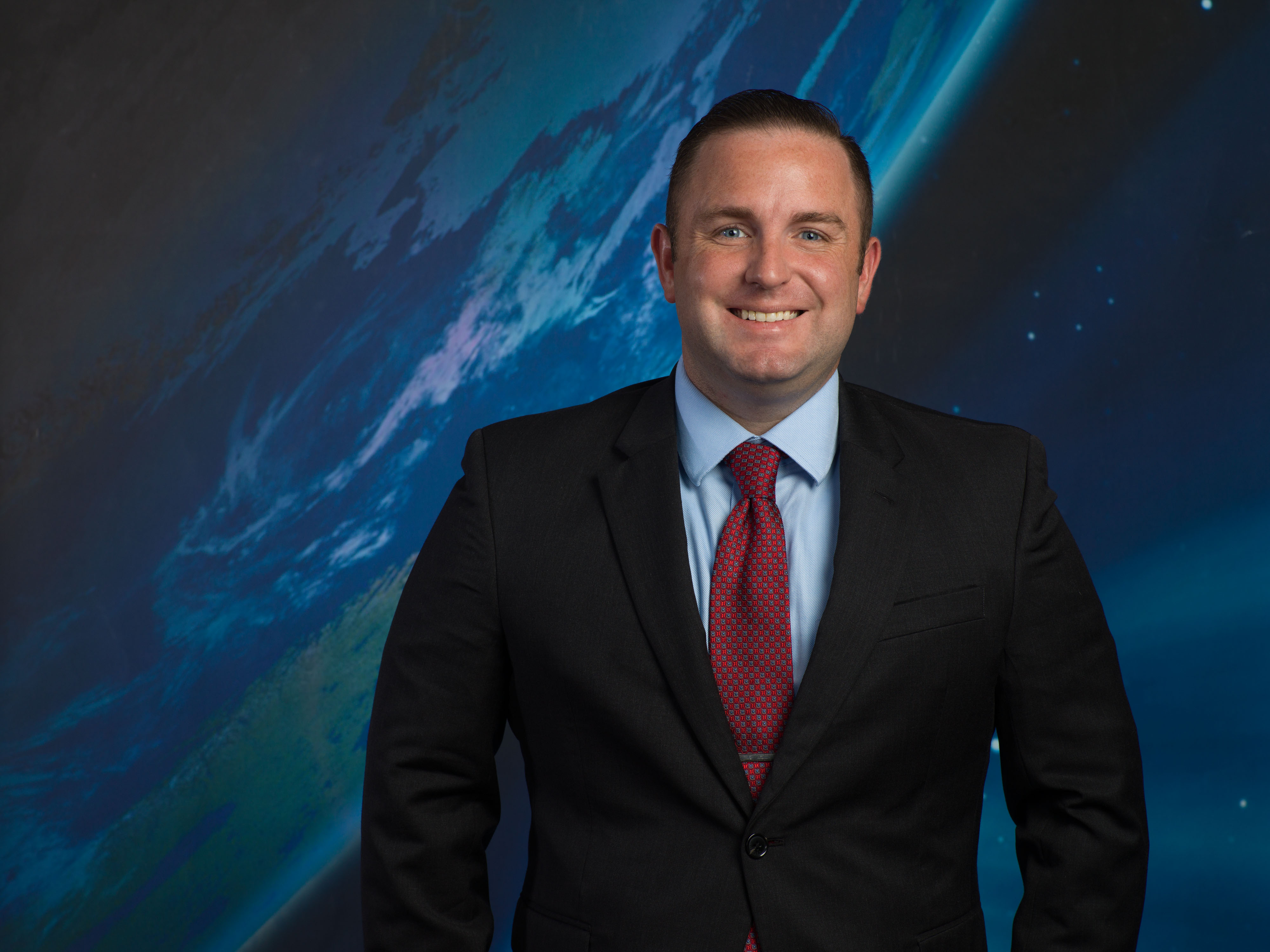NASA's Li-ion Cell Calorimeter Technology Webinar
Innovators at the NASA Johnson Space Center have developed a calorimeter that is able to measure the total heat generated when specific types of Lithium-ion (Li-ion) cells are driven into a thermal runaway condition. By understanding the behavior of a thermal runaway Li-ion battery, designers can improve the cell cases to contain or reduce damages experienced during thermal runaway. For this reason, this technology can benefit many different industries that depend on Li-ion batteries. Terrestrial applications include consumer electronics, battery safety, electric vehicles, and more!<p>
During the webinar, you will learn much more about this novel technology, as well as how NASA’s technologies and capabilities are available to industry and other organizations through the NASA Technology Transfer Program.<

Dr. William Q. Walker received a B.S. in Mechanical Engineering from West Texas A&M University and a Ph.D. in Materials Science and Engineering from the University of Houston. William is employed by NASA Johnson Space Center where his career primarily focuses on the safe design and optimization of lithium-ion (Li-ion) battery assemblies for human spaceflight applications. Specifically, William focuses on the thermal management of Li-ion battery assemblies, battery safety in general, and the development of new calorimetric techniques for thermal runaway characterization. Most recently, Dr. Walker has been involved with and supported the development of Fractional Thermal Runaway Calorimetry (FTRC) techniques which provide the capability to discern the fraction of thermal runaway energy ejected away from the Li-ion cell versus that which remains with the cell. Recently recognized with a NASA Trailblazer award and with the RNASA Stellar Award for his early career contributions to Li-ion battery thermal analysis and calorimetry methods, Dr. Walker continues to be engaged in the academic and professional communities focused on battery safety.




